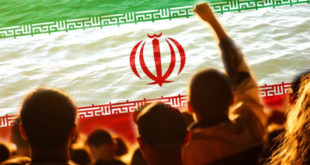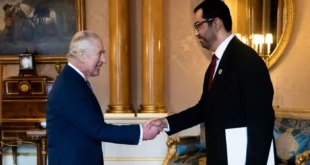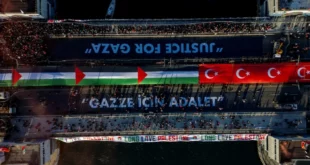The Office of the High Representative has failed to break the deadlock between Bosniaks and Croats over Mostar’s electoral system after calling a meeting of the main parties.A meeting in the ethnically divided southwestern city of Mostar on January 23 – called by the Office of the High Representative, OHR, to discuss implementing two constitutional rulings on the electoral system – has failed to break the current deadlock.
The two rulings, in 2011 and 2012, by the Bosnian Constitutional Court, declared it was unconstitutional for the same number of councillors to be elected from each of the six voting areas in Mostar. That voters in the central zone were only able to elect councillors from the citywide list was also deemed discriminatory.
The head of the mainly Bosniak [Muslim] Social Democratic Party in Mostar, Aner Zuljevic, said the failure of the meeting showed that the two main political factors in the city, the mainly Bosniak Party of Democratic Action, SDA, and the Croatian Democratic Union, HDZ, did not truly want a solution.
“Any kind of compromise solution met radical resistance from the HDZ,” Zuljevic said. “The SDA and HDZ, which have ruled Mostar for 14 years, obviously had a deal … to obstruct the process.”
The SDA did not even attend the meeting, on the grounds that none of their earlier proposals had been respected in recent bilateral and preparatory meetings.
The SDA wants an electoral system in which Mostar is divided into several municipalities in which Bosniaks and Croats have equal numbers. However, the HDZ demands a single municipality with all citizens having the same voting rights.
Mostar’s City Council currently comprises six voting units from which the same number of councillors are elected, regardless of the number of voters in each one.
Croats say their rights are disadvantaged by an electoral system that gives Bosniaks the same number of councillors although Croats are believed to be in a majority in the city.
Although there have been no exact data on the population or ethnic structure of Mostar since Bosnia’s last 1991 census, estimates say the majority in Mostar nowadays are Croats.
“This was another round of talks over Mostar and they will continue,” Sladjan Bevanda, of the HDZ, said. “Mostar should be defined like any other local community, and that is one electoral unit.”
 Eurasia Press & News
Eurasia Press & News


